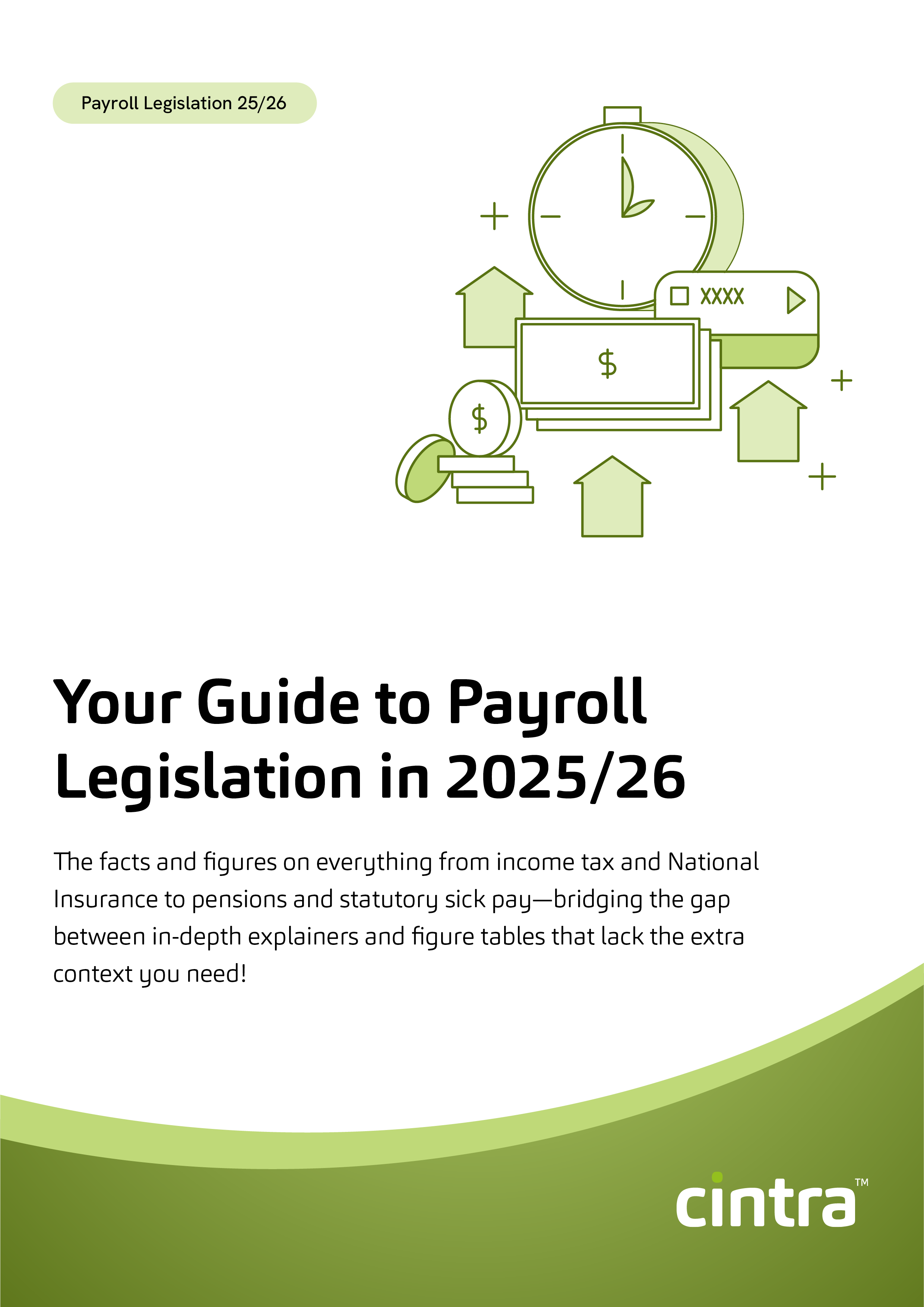Global HR Compliance is a bit of a tangled web. Laws and regulations differ hugely from country to country and it can be a nightmare for your team to keep up – especially if they don’t have the expertise of a specialist in each location.
We’re going to break down the basics of Global HR compliance for you so you can begin to understand what it is, what you need to consider and how you can navigate it – whilst keeping your sanity intact!
What is global HR compliance?
Ah, compliance. Not just any compliance… the pesky global variety. Where you have to meet the rules, regs and standards of every country (and region) you operate in. Going global means things get pretty complex pretty quickly. Because every place has different legalities you need to adhere to.
It’s key that you comply with every last rule, because not only do you not want to get your organisation into a pickle (putting it lightly!), you want to treat every employee fairly and within the law – wherever they find themselves in the world.
No matter the location or the industry your organisation operates in, there are three types of HR compliance that should be on your radar:
Statutory (or government-mandated) compliance
Statutory compliance laws are dictated by the government of a country. They’re usually concerned with bigger issues such as minimum wage, working age and discrimination. Seems simple? It gets trickier…
Other aspects for global compliance to take into account are international labour laws, as well as regional laws specific to certain areas within the same country. For example, the rules in Gujarat, India may be different to the rules in the Punjab region.
Regulatory compliance
Official public and independent regulatory bodies (which operate outside of governments), are responsible for issuing compliance rules in certain regions and countries all over the world. Well-known examples include the GDPR in Europe and the Health and Safety Executive in the UK. These regulations are mandatory and should be complied with at all times. The regulations may be industry-specific, or broader and there might even be certain rules for certain roles.
Contractual compliance
This type of compliance is a mixed bag. It’s typically made up of rules and guidelines that are company-specific, as well as the inclusion and reiteration of government and regulatory rules. The organisation pretty much has free rein as to what clauses they include in the contract, as long as it falls in line with the statutory and regulatory laws for that country or region.
The challenges: Making sure your organisation complies
The challenge here is keeping up to date with the myriad rules and regulations for all the different regions. It’s crucial for HR teams to get clued up on the regulations for each jurisdiction and know which laws overrule others. What’s more, your organisation is expected to adopt new laws instantaneously. These are just a few of the challenges your team will face as you expand.
You really don’t want to mess this up because your organisation can face prosecution and real reputational damage. Now we’ve scared the living daylights out of you, let’s move on!
Set your organisation up for success
We never said Global HR compliance was easy. Set yourself up to succeed and make sure you allow for these requirements.
To create a consistent culture of compliance, it can help massively to create human resources documents that span your organisation and all the countries you operate in. You might want to include such documents as employee handbooks, where you lay out the laws and regulations for each country you operate in. Other official documents such as employment contracts and termination agreements also help to keep things consistent and compliant.
We can’t overstate how vital it is to keep up-to-date with compliance changes around the world. India, for example, revises its local laws on a yearly basis. And huge landscape changes like Brexit can happen anywhere, anytime. Keep up to speed to avoid devastating penalties and damage to your reputation. If you’re doing this for yourself, it can be a massive job, so make sure you’re setting regular reminders for your team to keep an eye out for changes.
Areas of global HR compliance you’ll need to consider…
Employment contracts
Find out what you need to include in your employment contracts so you stay compliant. For example, in the UK, contracts don’t necessarily have to be written, but employers should provide workers with a “Statement of Employment Particulars,” which describes the job title, duties, hours and so forth. You’ll also have to make sure it’s in the correct language and contains all the right mandatory and regulatory clauses.
Overtime
Again, different countries will have different laws when it comes to overtime. Let’s discuss two examples. In France, a standard workweek is 35 hours. Pierre wants to clock up some extra hours. So any time worked over those 35 hours is classed as overtime. In the UK, there aren’t any overtime laws. So John can put in extra time at his desk and be fully compensated for it.
Yes, it takes time to navigate. Yes, it’s complex. But don’t get caught out on overtime reporting, because it will cost your organisation dearly.
Minimum wage laws
Take care to make sure your organisation complies with the minimum wage laws for the countries and jurisdictions you operate in. If, for example, your company operates in the States, the minimum wage differs from state to state – by as much as $6 per hour in some states. It’s your job to make sure you know what’s what and to operate in line with it.
Anti-discrimination
Having awareness of the anti-discrimination laws in the country in question is key to avoid getting into trouble. Pay equity and employee classification are the two current concerns when it comes to the most frequent lawsuits surrounding anti-discrimination. All things you’ll need to get your head around as part of your Global HR compliance. Litigation from matters like these can wreak havoc on your organisation’s reputation.
Data privacy
Keeping your peoples’ data safe is the name of the game here. Preventing breaches, and making sure their data is safe from prying eyes, private and protected is paramount. One such example of data privacy laws is found Stateside. The California Consumer Privacy Act (CCPA) grants residents of California the right to know which companies hold their data and what has been given to third parties. And the fact that this is just a Californian law (not a countrywide regulation) shows the complexity you’re going to need to cover – trading blocs, countries and even states have different rules.
Health and safety
This is a biggie. At the best of times you’re thinking about every employee and every possible risk. And at the worst of times you’re having to pivot fast to keep up. A timely example of just how quickly health and safety regulations can change was the onset of the pandemic. No longer did employees make their way to the office everyday – their spare room was now a workspace. Huge policy and compliance changes had to be taken on board rapidly. Changes which would have characteristically taken a number of years to come to pass. HR staff were left scratching their heads as to how they’d navigate issues like home offices being up to standard and dealing with compensation claims for staff who now call their dining room an office.
Local labour laws and regulations
To stay compliant with local labour laws your organisation needs to understand those laws. First, ask yourselves: is there an expert in your organisation who can help you make sure you comply with these local labour laws? If not, you might consider collaborating with a specialist who can bridge the gap between your knowledge and the compliance of rules. Dotting all the Is and crossing the Ts can be a lengthy process. And let’s face it, that dotting and crossing can be time consuming. So maybe you want to think about partnering with an organisation who can help. An Employer of Record might be just the ticket.
Hiring and termination procedures
Make sure you’re savvy on the local hiring and termination requirements. In Mexico, for example, there’s a mandatory requirement that new employees should be registered with the government within 5 days. In Spain, workers should be registered before their first work day.
And as for termination, are there laws in the country that mandate you to offer severance pay or statutory accruals? What are the processes?
Obviously the termination process differs in different countries. It can get pretty convoluted, especially if the reason for termination isn’t straightforward, like employee theft for example. That would be instant dismissal. If the employee’s performance is dwindling, you may have to work with them to improve performance levels, while documenting it all the way. This is what takes time. Even in best-case scenarios that tick all the legal boxes, notice and compensation may be statutory.
Employee rights
If you want a smooth, efficient process for hiring, you’ll need to have a solid overview of the rights your prospective workers are entitled to. And obviously you need to comply with those rights. The only kicker is that it requires specialist, in-depth, local knowledge. You’ll want to get it all right: from their rights, what you’re obligated to offer, through to offer letters and employment contracts – to name but a few!
Collective bargaining agreements
Collecting bargaining agreements make sure that both employer and employee have their voices heard. They make for fair outcomes for both parties. Navigating collective bargaining agreements can be tricky territory though. Even more so if you operate in many different countries. Make sure you’re up to speed with the rules and regs for each country you operate in.
Focus on the good bits and let us do the rest
We know global expansion brings many challenges – but it also brings many exciting opportunities. So why not focus on the good bits and let us handle the rest?
Cintra Global will help to keep you fully compliant in every location and every territory you operate in. We have a solid team of international HR experts with bags of compliance expertise in every area. Partnering with us will take the headaches out of the HR and give you time to do what really matters – look after your people, no matter where in the world they are.
We love to chat. So why not get in touch?


